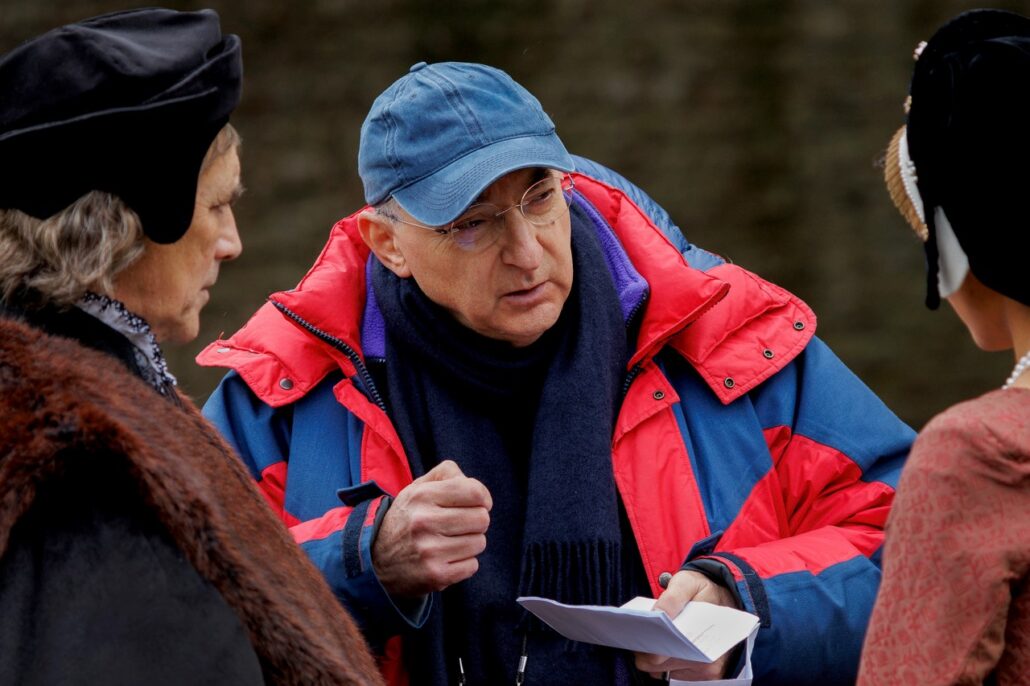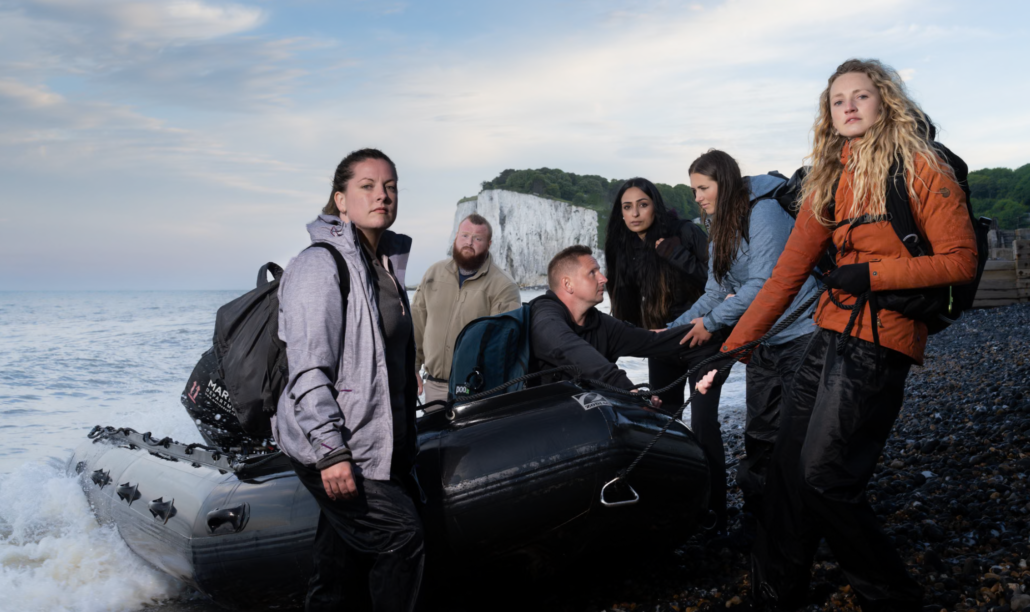Connie Dimsdale, who is studying for an MA in Journalism, reflects on her experience researching how religious communities have engaged with broadcasting and social media during the lockdown. You can read her report here.
Our thanks to Allchurches Trust whose grant helped make this research project possible.
_______________________________________________________
Back in early March, most of us had not heard of Zoom. Now, it has become part of the furniture of pandemic life. Love it or hate it, grappling, engaging and experimenting with new technologies is relatable to us all. We all want to connect with one another, to support one another, and to mimic normality.
I started with a simple question: how will people continue to practise religion on a daily basis during the pandemic? Of course, faith is about worshipping a higher being, but it is also about community, connection to others and physically being in a religious space. When the country went into lockdown on 23 March 2020, ‘face-to-face’ worship became ‘remote’ worship. Communities, leaders and individuals had to find new ways of connecting, fast. Like the rest of life, religion went virtual.
When I began, I asked the interviewees questions about the technology they have used during the pandemic to support their faith, celebrate their religion and maintain a sense of community. Since the people I spoke to were all so different, in terms of age, religion, location and so on, I was expecting great variety in their answers. In many ways, that’s what I got. Some interviewees enjoyed the chance to reflect and to spend more time with immediate family, while others deeply missed regularly attending their place of worship. Some took a positive view of increased online engagement, while others feared for the older, more isolated members of their community.
What struck me even more than this inevitable variety of opinion was the shared feeling that the online religious world can only ever be supplementary to face-to-face religious practice. There is ‘something missing’ from online interaction and physically ‘being present’ with a religious community is central, vital even. Human beings want, need, crave connection.
Technology has been essential for all of us during the pandemic, not just for religious communities. I have attended university lectures and work meetings on Zoom, I’ve FaceTimed friends, done (more than) my fair share of Zoom ‘pub’ quizzes and spent (far more than) enough time on social media platform like Instagram, Facebook and, I have to admit, Tiktok. I am the first to agree with those I interviewed that technology can only ever be a supplement to real life. But, like many interviewees mentioned, harnessing online connection is empowering: it allows us to stay connected in at least in some way.
Lockdown looks somewhat different for religious communities this time around. Government regulations announced on November 5 2020 mandated that religious buildings can be used for private prayer, for broadcast worship or for funerals, but not for communal worship. In response, an interfaith letter was sent to Boris Johnson by interfaith leaders arguing that communal worship is ‘COVID-safe’, essential, and its prevention has no scientific bearing:
“Common worship is constitutive of our identity, and essential for our self-understanding. Without the worshipping community, our social action and support cannot be energised and sustained indefinitely.
“Common worship is also necessary to sustain the health and wellbeing of faith community members engaged in caring for others whether paid or voluntary.”
Religion, faith or spirituality is more than a connection to a higher being, it is more than being within a religious building. Communal worship, as outlined by leaders from Christian, Jewish, Muslim, Hindu and Sikh faiths, in central to a religious life.
Is a world of ever-changing rules and regulations, the meaning of ‘essential’ activity is constantly being reassessed. Will the government heed the interfaith call for communal worship to be deemed ‘essential’, adding to the long list of ‘U-Turns’ that has characterised this administration?

0







Leave a Reply